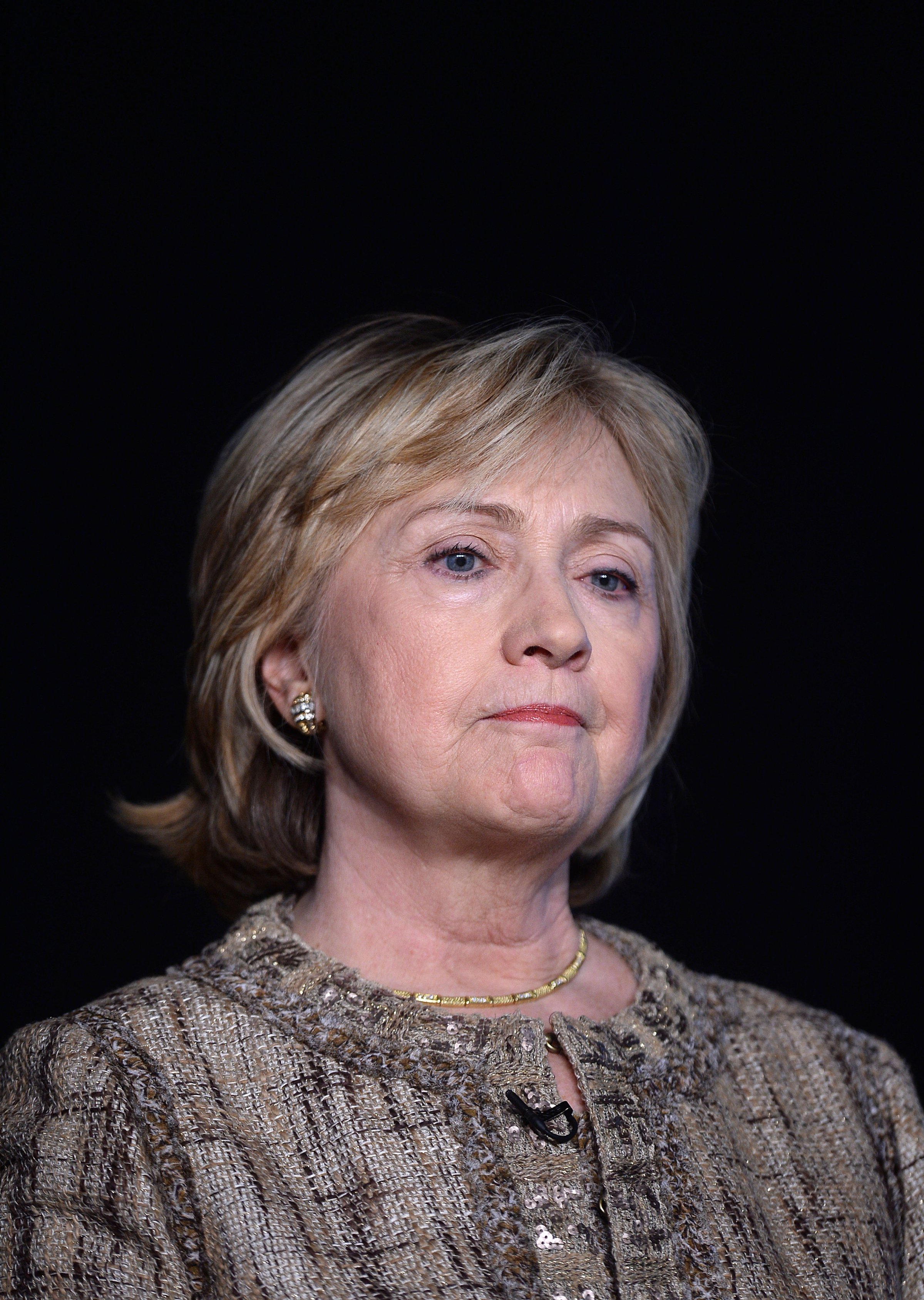
If you want the simple truth about Benghazi, it’s this:
If, on the other hand, you want a truth that accommodates the best interests of those who, wittingly or not, contributed to that mistaken impression, you will get this:
There were scores of attackers that night, almost certainly with differing motives… It is inaccurate to state that every single one of them was influenced by this hateful video. It is equally inaccurate to state that none of them were. Both assertions defy not only the evidence but logic as well.
That appears to be the bottom line representation of the origins of the Benghazi attack presented in the 34-page chapter on the subject in Hillary Clinton’s forthcoming book, “Hard Choices,” which was leaked to Politico this week. It is an exquisitely lawyerly, and factually accurate, assertion.
It’s also largely beside the point. No doubt the perpetrators of every terrorist attack of the last 20 years acted with “differing motives.” But no mainstream media outlet or politician took “differing motives” as justification, at the time or months later, to frame 9/11 or the 1998 attacks on U.S. embassies in Kenya and Tanzania as the result of popular outrage rather than militancy. In retrospect, the mistaken assertion of “protests” at Benghazi is not hard to understand–in three of the 40 countries where protests were taking place, U.S. facilities were attacked by demonstrators. That doesn’t justify the error.
But the Benghazi narrative has drifted so far from the context of the actual events that it is almost impossible to have a useful debate about it. Indeed, Clinton’s version is substantially more accurate than the version of events offered by some Republicans. The GOP head of the House Oversight and Government Reform Committee, Congressman Darrell Issa of California, for example, has said he suspects Hillary Clinton told the Defense Department to “stand down” rather than launch counterstrikes against the Benghazi attackers, even though multiple bipartisan reports, including ones Issa himself signed, find no stand down orders and no communication between Clinton and Secretary of Defense Leon Panetta at the time. In other words, no factual evidence at all.
At some point in the coming 2016 Presidential contest there will be a debate about whether Obama administration officials used the uncertainty generated by (incorrect) media and CIA reports to maximum advantage ahead of the 2012 election. That’s called spin, and Americans have a right to know if political interests affected the presentation of the facts in the days after the Benghazi attacks.
When that debate takes place, however, another simple fact will reemerge. When the White House needed someone to appear on all five Sunday shows on Sept. 16, 2012 to translate the (incorrect) media and CIA version of events at Benghazi to the American public, Hillary Clinton stepped aside and let then-U.N. representative Susan Rice speak. It will be interesting to see if Clinton’s book has anything to say about whether that hard choice was the result of luck, wisdom or sound advice from her aides.
More Must-Reads from TIME
- Donald Trump Is TIME's 2024 Person of the Year
- Why We Chose Trump as Person of the Year
- Is Intermittent Fasting Good or Bad for You?
- The 100 Must-Read Books of 2024
- The 20 Best Christmas TV Episodes
- Column: If Optimism Feels Ridiculous Now, Try Hope
- The Future of Climate Action Is Trade Policy
- Merle Bombardieri Is Helping People Make the Baby Decision
Contact us at letters@time.com